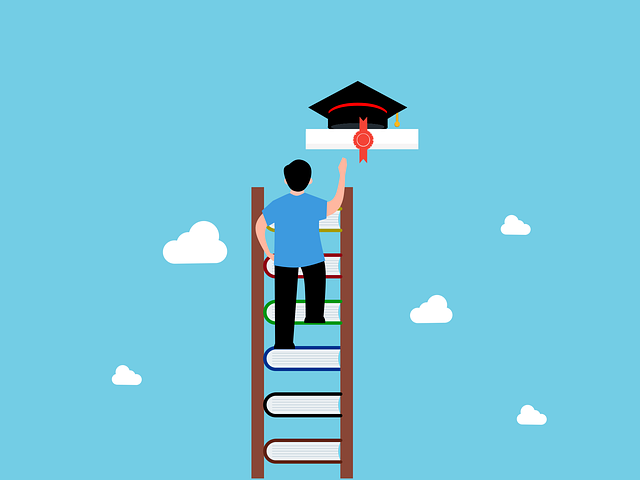The Shelterwood Academy lawsuit uncovers serious misconduct allegations, impacting students' rights and the school's reputation. Plaintiffs claim inadequate protection, leading to emotional distress and a hostile environment. This case has global implications for educational institutions, with class-action lawsuits allowing affected individuals to collectively hold the academy accountable. Various claims include emotional distress, breach of duty, and violations of educational standards, seeking damages for mental anguish, lost opportunities, and expenses. Outcomes could range from individual settlements to collective damages, potentially setting precedents for accountability in boarding schools worldwide.
Discover the impact of class-action lawsuits surrounding Shelterwood Academy, a topic that has sparked significant interest. This article delves into the intricate legal battles faced by the institution, exploring who can initiate legal action and what potential issues and compensations arise. Understanding Shelterwood Academy’s legal landscape is crucial for those affected and interested parties alike. Uncover insights into the intricacies of these cases and how they may shape the future of educational litigation with our comprehensive guide on Shelterwood Academy lawsuits.
- Understanding Shelterwood Academy's Legal Battles
- Who Can File a Class-Action Lawsuit Against Shelterwood?
- Potential Issues and Compensation in Shelterwood Cases
Understanding Shelterwood Academy's Legal Battles

Shelterwood Academy, a prominent educational institution, has faced significant legal challenges in recent years due to a series of class-action lawsuits. These suits revolve around allegations of misconduct and violations of students’ rights, creating a complex web of legal issues. At the heart of these disputes is the claim that Shelterwood failed to provide adequate protection and support for its students, leading to emotional distress and other damages.
The ongoing Shelterwood Academy lawsuit has drawn attention to the school’s management and its obligations towards students. Plaintiffs argue that the institution’s policies and practices resulted in a hostile environment, causing widespread harm. As these legal battles unfold, both parties present their arguments, aiming to shed light on the extent of Shelterwood’s liability and the potential implications for educational institutions worldwide.
Who Can File a Class-Action Lawsuit Against Shelterwood?

Anyone who has experienced harm or discrimination while attending Shelterwood Academy can potentially be part of a class-action lawsuit against the institution. Class-action lawsuits are powerful tools that allow individuals with shared experiences to band together and hold organizations accountable for their actions. In this context, students, alumni, or even current staff members who have faced injustices might consider joining forces to fight for compensation and change.
The key requirement is a common thread of alleged misconduct or violation of rights. This could encompass various issues, such as unfair treatment based on race, gender, or disability; breach of contract; or negligence resulting in personal injury. It’s crucial to have evidence of these occurrences, like documents, testimonies, or other tangible proof, to strengthen the case and increase the chances of a successful Shelterwood Academy lawsuit.
Potential Issues and Compensation in Shelterwood Cases

The Shelterwood Academy lawsuits present a complex web of potential issues, with various plaintiffs alleging different types of harm and seeking varied forms of compensation. Common themes include emotional distress, breach of fiduciary duty, and violations of educational standards. Plaintiffs may seek damages for mental anguish, loss of educational opportunities, and expenses incurred due to the alleged mishandling of students. The sheer number of cases and their varying circumstances make it challenging to predict uniform outcomes, adding another layer of complexity.
Compensation in Shelterwood cases could encompass a range of monetary awards, from individual settlements to collective damages. Plaintiffs may receive financial redress for direct losses, such as medical bills or tuition refunds, but also for intangible harms like emotional trauma and lost opportunities for personal growth and development. The outcome of these lawsuits will not only impact the individuals involved but also potentially shape the future of educational institutions, setting precedents for accountability and ethical practices at boarding schools worldwide.
The ongoing class-action lawsuits against Shelterwood Academy highlight significant issues regarding student rights and compensation. By understanding who can file, potential claims, and the legal landscape, individuals affected by Shelterwood’s practices may navigate their options more effectively. If you or someone you know has experienced harm while at Shelterwood Academy, consulting a legal professional specializing in Shelterwood Academy lawsuits is crucial for determining the best course of action.
